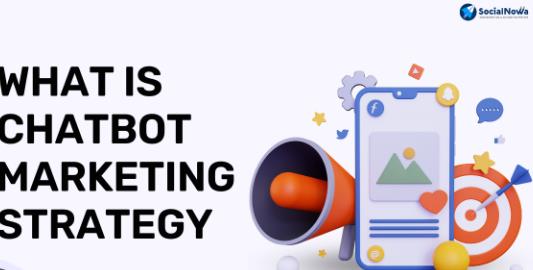Legal Frameworks Surrounding Gay AI Chat Services
As gay AI chat services continue to grow in popularity, navigating the complex legal landscapes that govern these technologies becomes crucial for developers, users, and policymakers. These legal frameworks are designed to protect user rights, ensure data privacy, and prevent discrimination, ensuring that these services operate within the bounds of the law while offering safe and inclusive platforms for the LGBTQ+ community.

Data Privacy and Protection Laws
Global Data Privacy Regulations Gay AI chat services are subject to stringent data privacy laws that vary by region. For instance, in the European Union, the General Data Protection Regulation (GDPR) mandates that all personal data collected by these services must be handled with the highest standards of privacy and security. These regulations require that users must be informed about what data is collected, how it is used, and have the right to access or delete their information at any point. In the United States, similar protections are enforced under laws like the California Consumer Privacy Act (CCPA), which offers users similar rights regarding their personal information.
Consent and Anonymity A critical aspect of legal compliance involves obtaining explicit consent from users before collecting their data. Gay AI chat platforms ensure compliance by incorporating clear consent forms that users must agree to before starting interactions. Additionally, many services offer features that allow for anonymous conversation to protect the identities of users, particularly those in regions where LGBTQ+ rights are not well established.
Anti-Discrimination Laws and Regulations
Inclusivity in Service Provision To combat discrimination, gay AI chat services must adhere to anti-discrimination laws that protect individuals from unfair treatment based on sexual orientation, gender identity, or other protected characteristics. This includes ensuring that AI algorithms are free from biases that could lead to discriminatory responses or actions.
Equal Access and Non-Discrimination Services are legally required to provide equal access to all users without discrimination. This means that gay AI chat services must be accessible to everyone, regardless of their background, and must not exclude any user based on discriminatory practices. This commitment helps foster an inclusive environment that supports diversity and equality.
Intellectual Property Rights
AI Developments and Copyright The unique algorithms and software developed for gay AI chat services are often protected under intellectual property laws. These laws ensure that the innovations made by developers are safeguarded against unauthorized use or replication. Patents and copyrights can provide developers with the rights to their creations, promoting further innovation while ensuring that their intellectual property is legally protected.
User-Generated Content Legal considerations also extend to the content created by users within these platforms. Gay AI chat services must navigate copyright laws regarding the sharing and use of user-generated content, ensuring they do not inadvertently violate copyright laws when reproducing or disseminating such content within the platform or to wider audiences.
Conclusion
Navigating the legal frameworks surrounding gay AI chat services is essential for ensuring that these platforms provide safe, inclusive, and fair environments for all users. By adhering to data privacy laws, anti-discrimination statutes, and intellectual property rights, these services can continue to thrive while protecting the rights and identities of their users. As legal standards evolve, it is crucial for providers of gay ai chat services to stay informed and compliant to foster trust and safety within their communities.
